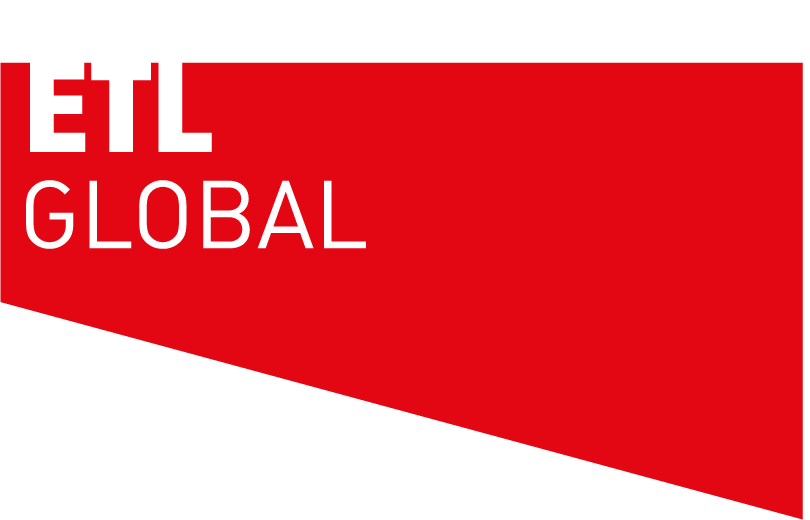From 1st March 2021, those working in construction and building services will have to deal with VAT differently.
The VAT reverse scheme is designed to combat VAT fraud within the construction industry.
The scheme was originally due to come into force in October 2020 but was delayed due to the impact of the Coronavirus pandemic.
What is the VAT Reverse Charge?
The VAT Reverse Charge is a change to how VAT is handled for certain types of services within the construction industry. Customers receiving services in this sector will have to pay the VAT directly to HMRC rather than paying it to the supplier.
This is effectively an extension of the Construction Industry Scheme (CIS) and applies only to transactions that are reported under the CIS and are between VAT-registered contractors and subcontractors.
Who the VAT Reverse Charge affects
The charge applies to standard and reduced-rate VAT services:
• for individuals or businesses who are registered for VAT in the UK
• reported within the Construction Industry Scheme
If you are not registered for VAT in the UK, the reverse charge will not apply. If the VAT reverse charge does not apply, you should follow the normal VAT rules.
When you must use the reverse charge in the construction industry?
The reverse charge should be used for the following services:
• constructing, altering, repairing, extending, demolishing or dismantling buildings or structures (whether permanent or not), including offshore installation services
• constructing, altering, repairing, extending, demolishing of any works forming, or planned to form, part of the land, including (in particular) walls, roadworks, power lines, electronic communications equipment, aircraft runways, railways, inland waterways, docks and harbours, pipelines, reservoirs, water mains, wells, sewers, industrial plant and installations for purposes of land drainage, coast protection or defence
• installing heating, lighting, air-conditioning, ventilation, power supply, drainage, sanitation, water supply or fire protection systems in any building or structure
• internal cleaning of buildings and structures, so far as carried out in the course of their construction, alteration, repair, extension or restoration
• painting or decorating the inside or the external surfaces of any building or structure
• services which form an integral part of, or are part of the preparation or completion of the services described above – including site clearance, earth-moving, excavation, tunnelling and boring, laying of foundations, erection of scaffolding, site restoration, landscaping and the provision of roadways and other access works
What is exempt from the reverse charge in the construction industry?
The charge should not be used for the following services when supplied on their own:
• drilling for, or extracting, oil or natural gas
• extracting minerals (using underground or surface working) and tunnelling, boring, or construction of underground works, for this purpose
• manufacturing building or engineering components or equipment, materials, plant or machinery, or delivering any of these to site
• manufacturing components for heating, lighting, air-conditioning, ventilation, power supply, drainage, sanitation, water supply or fire protection systems, or delivering any of these to site
• the professional work of architects or surveyors, or of building, engineering, interior or exterior decoration and landscape consultants
• making, installing and repairing art works such as sculptures, murals and other items that are purely artistic signwriting and erecting, installing and repairing signboards and advertisements
• installing seating, blinds and shutters
• installing security systems, including burglar alarms, closed circuit television and public address systems
The impact on building and construction business
Businesses that supply construction services will need to familiarise themselves with what is (and isn’t) included under the reverse VAT charge.
They will need to ensure that their systems and accounting software are capable of processing reverse charge supplies, and they will also need to make regular checks to ensure they are compliant when making purchases.
Cashflow
The implementation of the VAT reverse charge will have an impact on cashflow management for businesses involved, as it will reduce the gross amount you can invoice your customers.
If you have any questions regarding the latest announcement please email us at info@etl-uk.com or call us on 01942 816 512



